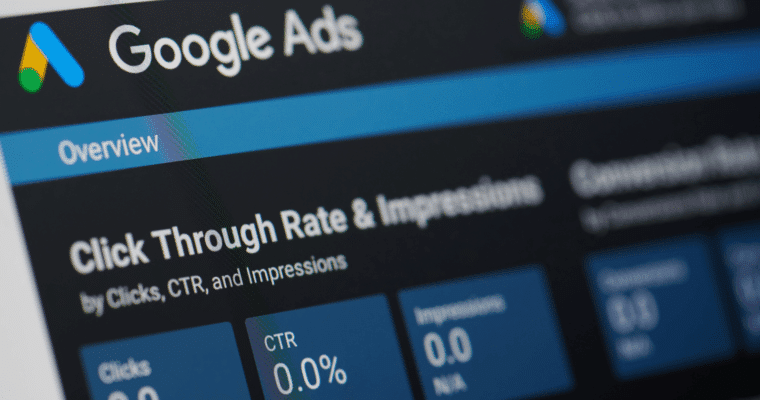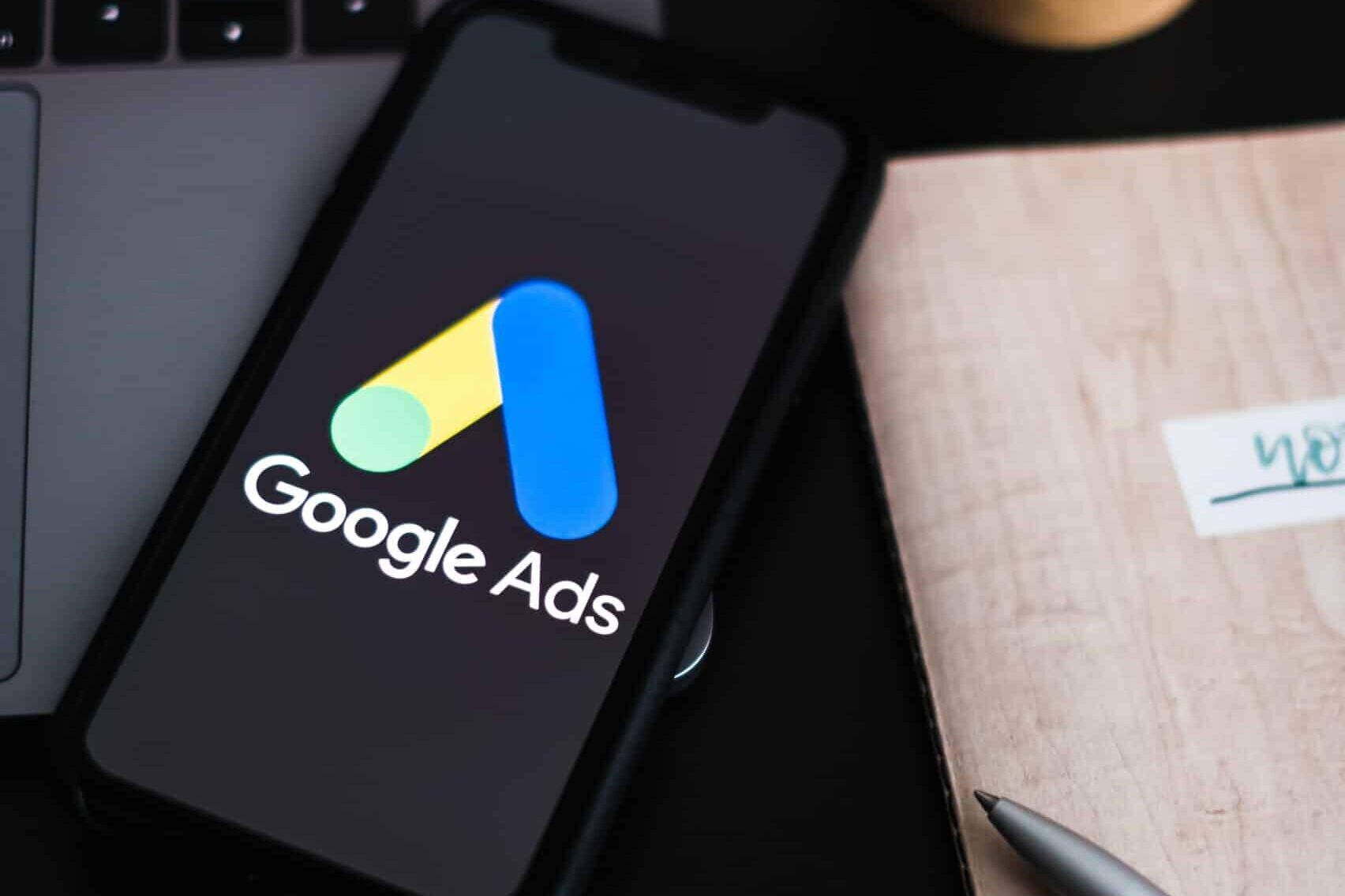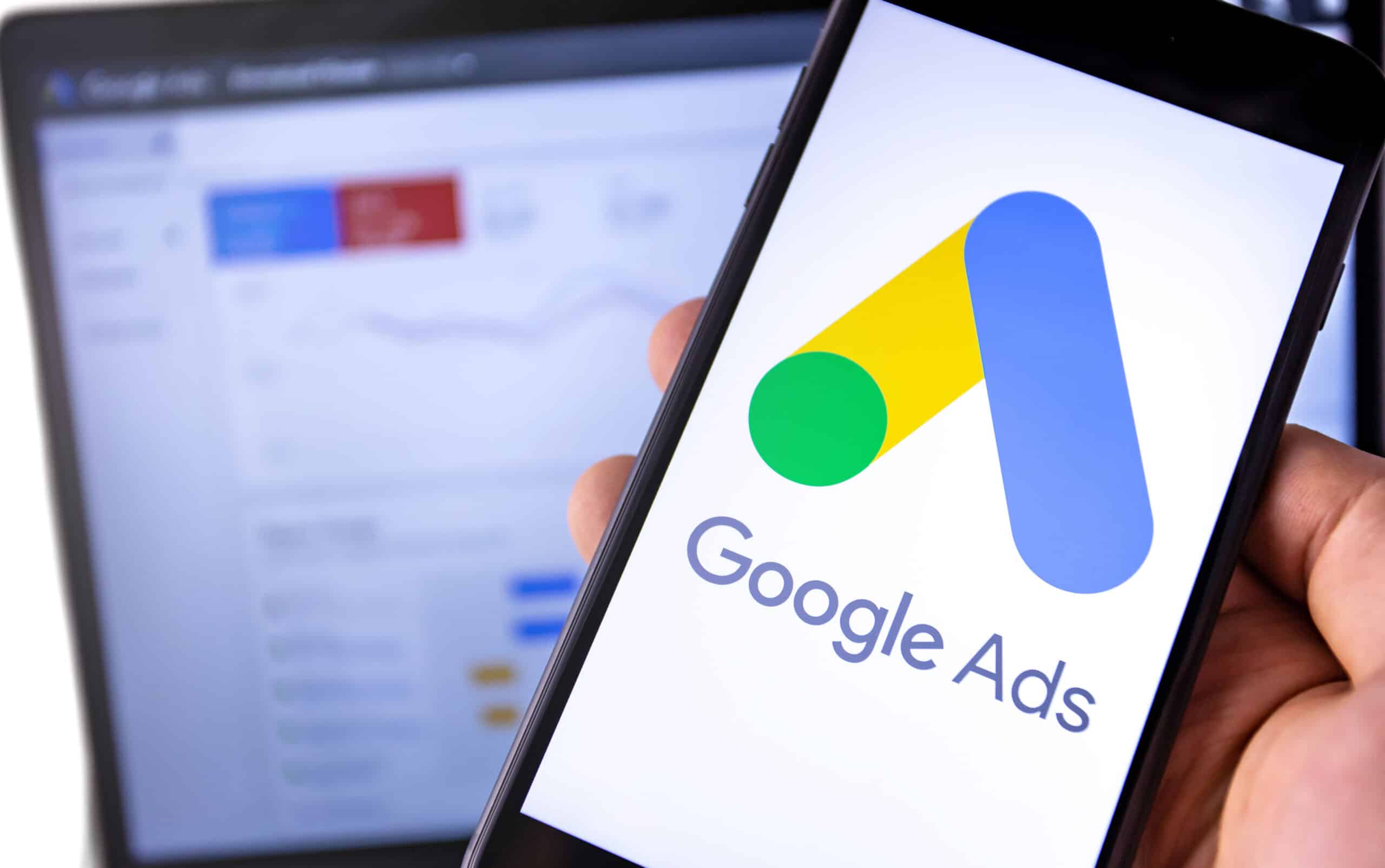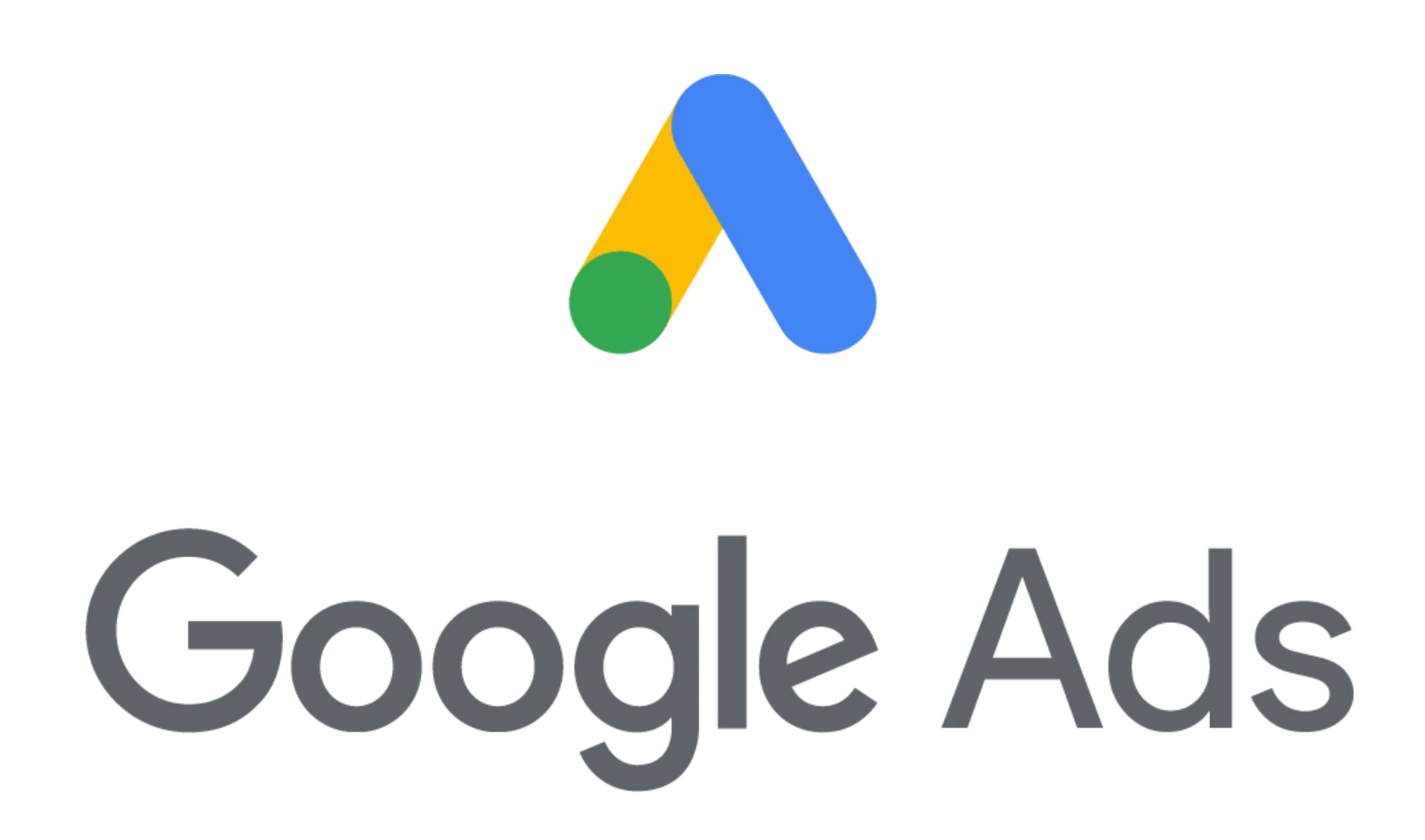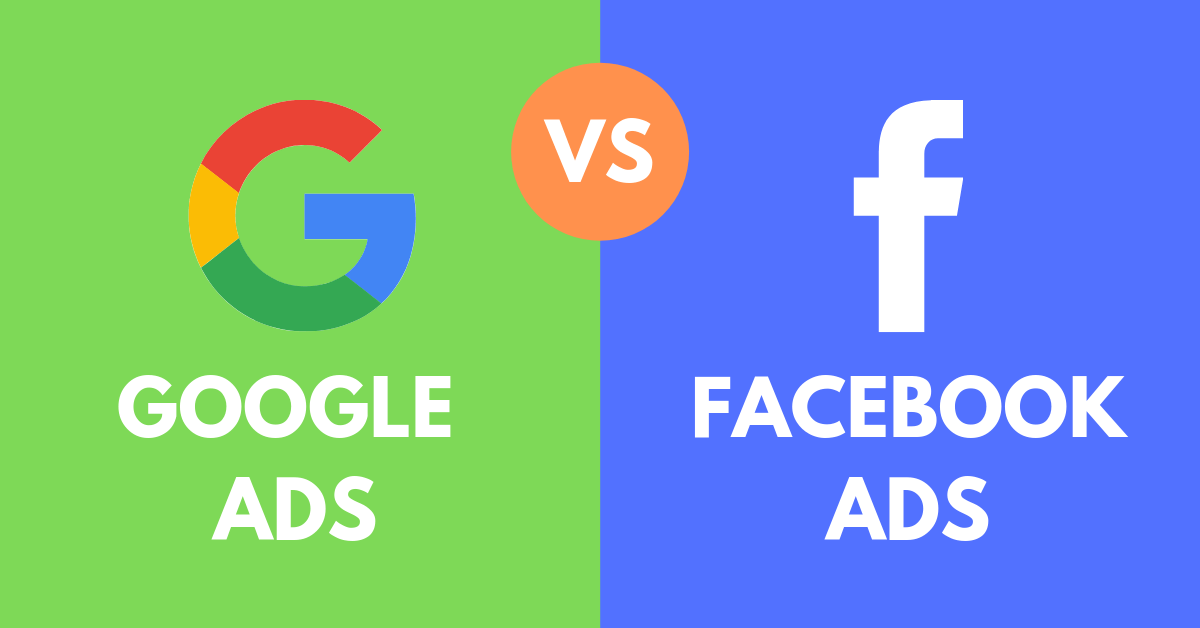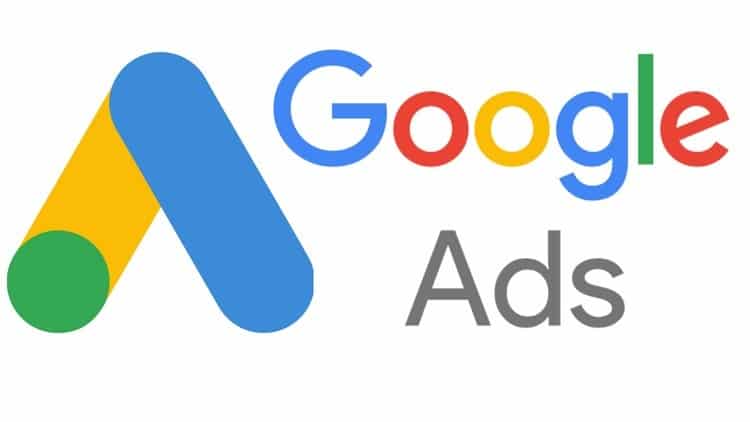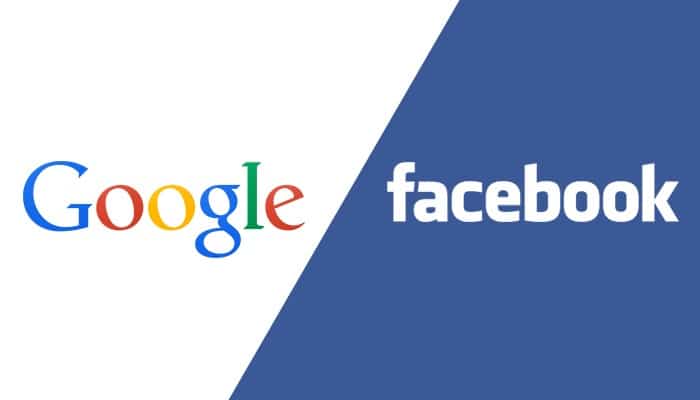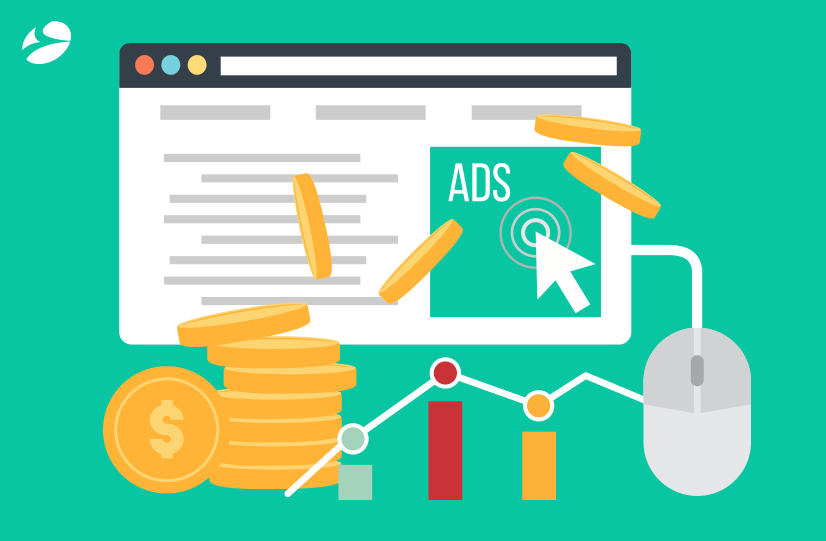Are you looking to improve your PPC Ads in Chester?
Take control of your online advertising and dominate your competition with our expert management services in Chester. Our team will maximise your PPC campaigns by optimising ads and budgets to ensure the best ROI possible.
With our data-backed insights, we’ll help you stay ahead of your competitors and continuously refine your strategy to make your business the top choice for potential customers. Don’t waste time and money trying to manage PPC campaigns on your own – let us handle the nitty-gritty details while you focus on growing your business.
Our efficient and cost-effective services will give you peace of mind and drive results for your online advertising. Contact us today to see how we can help your business succeed.
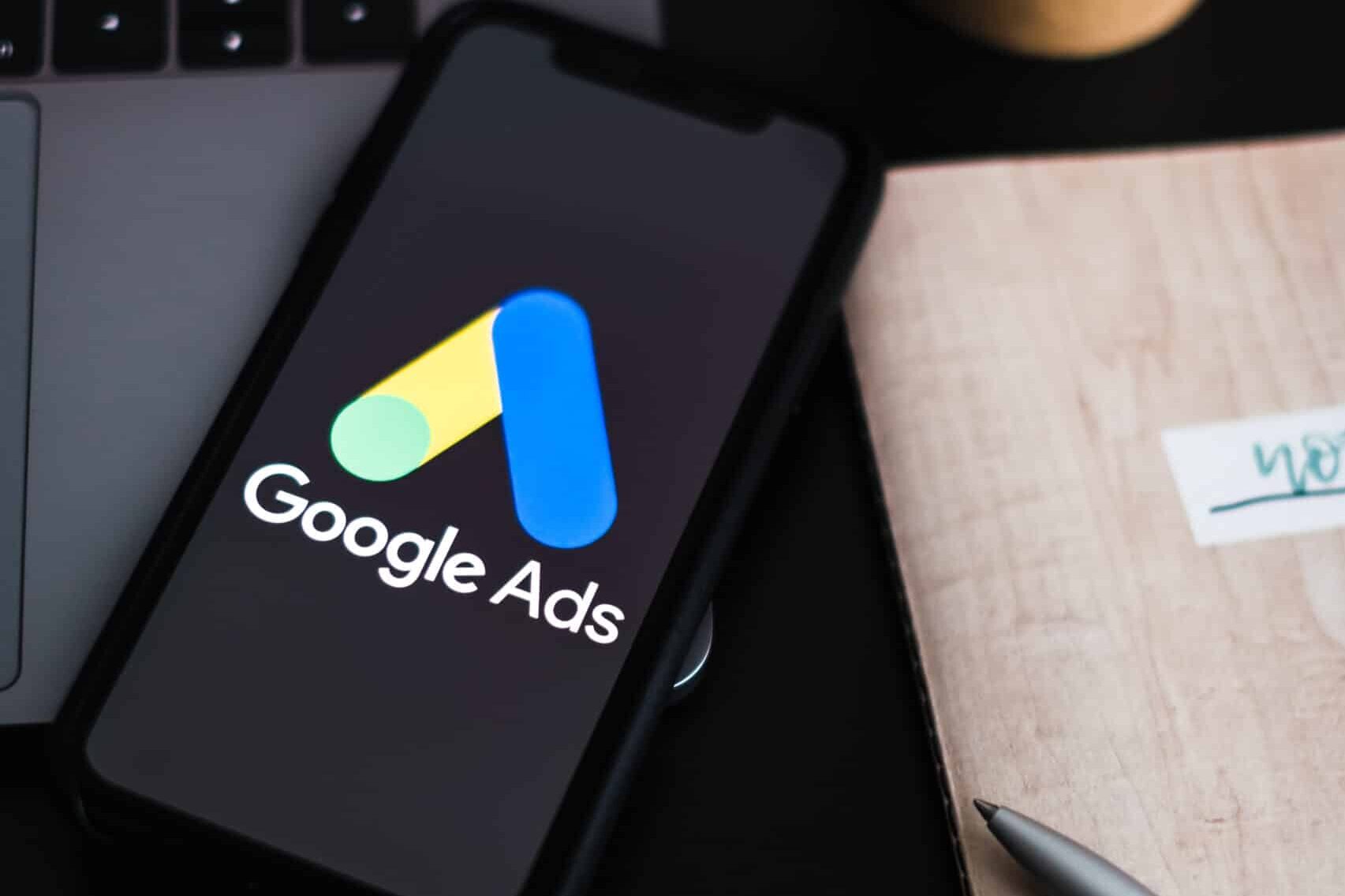
We are specialists in what we do…
Our team are experts in what they do and we work with a number of businesses in and around Chester on thier PPC campaigns. By utilising our expertise in pay per click management, we have built long-lasting relationships with our clients that continue to provide an ongoing ROI.
Are you struggling to reach your target audience and increase your online presence? Is your website not generating enough leads and sales despite your efforts?
Traditional marketing methods may not be enough to keep up with the ever-evolving digital landscape. With so many businesses vying for attention online, it can be challenging to stand out from the crowd. You may be losing potential customers to competitors who are leveraging digital marketing strategies.
That’s where Herd Marketing comes in. Our PPC services in Chester can help you reach your target audience with precision targeting and customised ads. Our team of experts will create a comprehensive PPC strategy tailored to your business goals, resulting in higher conversion rates, improved brand visibility and increased revenue.
Let us take care of your digital marketing needs and see your business soar. Contact us today to learn more about our services.
Let’s Get Started…
If you are serious about taking your marketing to the next level and want a results-driven partner to work on your digital marketing campaigns, hit the Get a Quote button & we’ll be in touch.
Alternatively, please call us on 0151 453 6580.
Paid search management is our speciality.
Are you looking to maximise your online advertising in Chester?
Don’t leave it up to chance – take control of your PPC campaigns with our expert management services. Our team will optimise your ads and budgets to ensure the best ROI. We also understand the importance of staying ahead of your competition, which is why we offer data-backed insights to help you dominate your chosen market. With continuous testing and refinement, we’ll make sure your business is the first choice for potential customers in Chester and beyond.
Find out more today – contact Herd Marketing for a free no obligation quote.
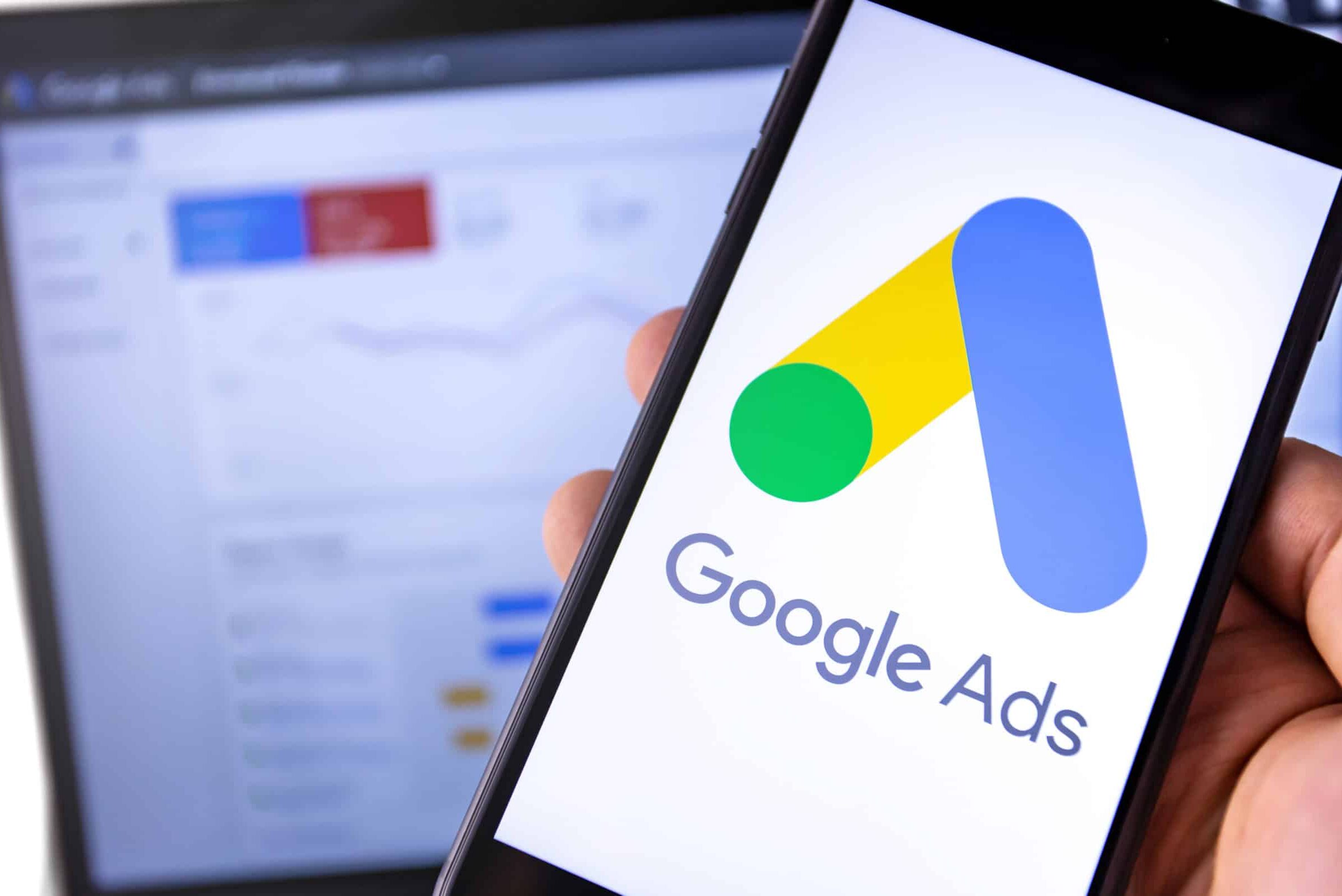
Read Our Latest PPC Resources
Stay informed and up-to-date with all things related to PPC by visiting our resource center. Our collection of informative articles is constantly being updated, so be sure to read, engage, and share them with your colleagues, friends, and peers.
Herd Marketing Online Resource Centre…
Our online resource centre offers a plethora of useful in-depth articles that provide hints and tips on all things digital marketing related. Read, share, comment and engage with us on these pages.
Pay Per Click (PPC) – Frequently Asked Questions
What is pay per click advertising?
PPC stands for Pay-Per-Click, a model of internet marketing in which advertisers pay a fee each time one of their ads is clicked. Essentially, it's a way of buying visits to your site, rather than attempting to earn those visits organically. Google Ads is one of the most popular forms of PPC.
How does pay per click advertising work?
Pay-per-click (PPC) advertising is an online advertising model in which advertisers pay each time a user clicks on one of their online ads.
Here are the basic steps:
1. Advertisers create ads and choose relevant keywords. Keywords are the terms or phrases that advertisers target in the hopes of displaying their ads to users who are searching for such terms on search engines.
2. The ads are entered into an auction system run by the PPC platform (such as Google AdWords or Bing Ads). In the auction, advertisers bid how much they are willing to pay if a user clicks on their ad.
3. When users perform a search, the search engine or other platforms use a complex algorithm to determine which ads to display and in what order based on factors such as the relevance of the keywords and the amount of the bid.
4. If a user clicks on an ad, the advertiser (generally a business) pays the amount they bid for that click.
5. This process repeats every time a new search is made by a user.
The key advantage of PPC advertising is that you only pay when your ad successfully draws a user to your site.
However, to run a successful PPC campaign, you must choose your keywords carefully and keep an eye on the competition, since high-demand keywords often have higher costs per click due to increased competition for ad space.
What platforms offer PPC advertising?
There are many different platforms that off PPC, each with their own unique pros and cons.
Generally speaking, Google Ads, Bings Ads and Social Media Ads on Meta are considered the main/most popular platforms at present. The list below expands on this, although this list is not exhaustive.
1. Google Ads: This platform enables businesses to create ads that appear on Google’s search engine and other Google properties.
2. Bing Ads: It is the advertising platform used to serve ads on Bing and Yahoo search engines.
3. Facebook Ads: Facebook allows you to create targeted ads for the massive audience available on the platform.
4. Twitter Ads: On Twitter, you can use promoted tweets, accounts or trends.
5. LinkedIn Ads: Ideal for B2B marketers who want to tap into the professional market.
6. Pinterest Ads: Pinterest's sponsored pins can be a good way to reach a new audience.
7. Instagram Ads: It provides the opportunity to use images and videos to promote brands and products.
8. YouTube Ads: YouTube offers several ad formats, including display ads, overlay ads, skippable and non-skippable video ads.
9. Quora Ads: Quora has an advertising platform which allows marketers to reach a highly engaged audience.
10. Reddit Ads: You can run PPC ads in the form of promoted posts.
11. Snapchat Ads: Businesses can use their Snap Ads (10 sec video clips) to target a younger demographic.
12. Amazon Ads: It offers sponsored product ads, sponsored brand ads and product display ads.
Remember, each platform has different audiences and caters to different industries, so choose according to your target audience and business type.
Here at Herd Marketing, we specialise in PPC Management on Google Ads, Bing Ads & Meta Ads.
How is the cost of a PPC campaign determined?
The cost of a Pay-Per-Click (PPC) campaign is primarily determined by the following factors:
1. Bid Amount: This is the maximum amount an advertiser is willing to pay for each click on their advertisement. This bid amount can vary based on the competitiveness of the keywords being targeted.
2. Quality Score: Google and other search engines determine a quality score for each advertisement based on its relevance to the targeted keywords, its landing page, and its past performance. Advertisements with higher quality scores can result in lower costs per click.
3. Competition: The cost of PPC campaigns can also be driven up by the number of advertisers bidding on the same keywords. The more competitive the keywords, the higher the cost per click can be.
4. Targeting Options: The settings an advertiser chooses for their campaign can also impact cost. This can include factors like geographical targeting, device targeting, time of day, and day of the week.
5. Campaign Settings: The budget and campaign settings chosen by the advertiser will also play a role. If the budget is higher and the ads are scheduled to show all day, the cost could potentially be higher.
It's important to note that the actual cost-per-click (CPC) is determined by the advertiser who ranks immediately below you in the auction, your quality score, and the contextual signals at the time of the auction.
Please note: this is a very broad overview and highlights some important factors, however this list is not exhaustive.
What is the difference between pay per click and SEO?
Pay Per Click (PPC) and Search Engine Optimization (SEO) are two different digital marketing strategies.
PPC is a form of online advertising where advertisers pay a fee each time their ad is clicked by an online user. It’s a way of buying visits to your site, rather than attempting to earn those visits organically. The most popular platform for PPC is Google AdWords.
On the other hand, SEO is a practice of increasing the quantity and quality of traffic to your website through organic search engine results. It involves making certain changes to your website design and content that make your site more attractive to a search engine. It doesn’t involve paying for ads, but optimizing content and using specific keywords to appear higher on search engine results pages (SERPs).
In essence, PPC is a paid strategy that brings immediate results, while SEO is an organic (unpaid) strategy that brings long-term results.
How do I choose the right keywords for my PPC campaign?
1. Understand your target audience: It’s crucial to have a good understanding of what your target audience is likely to search for. What are their needs, their pain points, and their interests? What words and phrases would they use to describe your product or service?
2. Use Keyword Tools: Google’s Keyword Planner, SEMrush, Ahrefs are some of the many tools that provide data about the volume, competition and the relevance of the keywords. This will give you a list of potential keywords, along with data on how often they are searched for and how much competition there is for each keyword.
3. Competitor Analysis: Look at what keywords your competitors are using. This can give you a sense of what is working for other businesses in your industry.
4. Long-tail Keywords: Consider using long-tail keywords, which are more specific (and often longer) phrases. They usually have lower search volumes, but they are typically less competitive and more targeted, meaning they can often yield higher conversion rates.
5. Relevance: Ensure the keywords you choose are highly relevant to your business. They should align with your brand, product or service, and the messaging on your website.
6. Experiment: After you choose your keywords, you can track how well they are performing and make changes as necessary. Sometimes a keyword might seem perfect on paper, but not generate any results. In these cases, you might need to go back to the drawing board and try a new strategy.
7. Keep Updated: The digital market changes frequently, and keywords that work today might not work tomorrow. It is essential to stay updated on your industry, your audience, and the current trends to adjust your keywords.
8. Use Negative Keywords: Negative keywords let you exclude search terms from your campaigns and help you focus on only the keywords that matter to your customers.
Remember that using the right keywords is essential for the success of your PPC campaign, but it is not the only thing to consider. Good ad copy, landing page design, and overall strategy are also crucial for your campaign's success.
Contact Us
Please fill in the form below and one of our marketing professionals will reply shortly. We aim to respond to you within 24 hours, excluding weekends and Bank Holidays.
Alternatively, please call us on 0151 453 6580 Monday – Friday 09.00 – 17.00.
